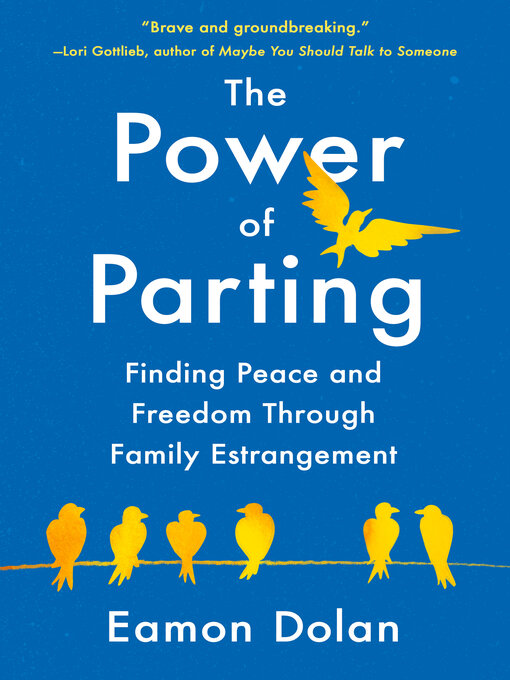- What's new?
- Beginning Readers
- Mine a Good Book
- Read by Yourself with Read-Alongs
- Spanish Titles for Young Readers
- Tough Topics for Kids
- Never Fear, Comics are Here!
- STEM Books for Kids
- Everyone Reads: Social Emotional Learning
- Walk A While in Their Shoes
- Inclusive Kids' Reads
- Social & Emotional Learning
- No wait, no problems
- See all ebooks collections
- What's new?
- Mine a Good Book
- Beginning Readers
- Check these out!
- Tough Topics for Kids
- Inclusive Kids' Reads
- STEM Books for Kids
- Walk A While in Their Shoes
- No wait, no problems
- Popular titles
- See all audiobooks collections


